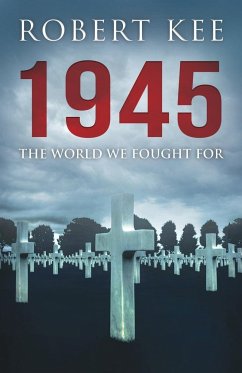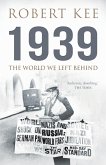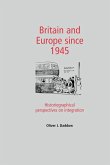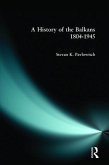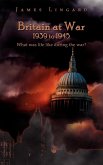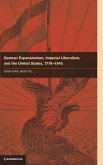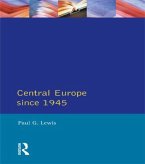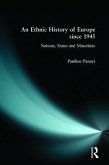1945, the year in which the Second World War ended, was also the year in which our modern world began to take shape. But as the year opened, nothing was clear except that men were still fighting, on both sides, for what they thought was worth fighting for. Informed opinion in Washington thought it might take two or three years to defeat Japan. Hundreds of civilians were still being killed by V-bombs every month in Britain. By telling the story of the year as it unfolded, from contemporary newspapers and broadcasts, Robert Kee has given back to the historic events of that year the intensity, excitement and anxiety with which they were viewed at the time, while illuminating their interest for us today. Robert Kee began writing after he left the RAF, in which he was a bomber pilot, in 1946. He worked for Picture Post, the Observer and the Sunday Times, and was the literary editor of the Spectator. He also worked with the BBC and ITV on current affairs programmes and documentaries, and is well known for the award-winning BBC series Ireland: A Television History. 1945: The World We Fought For, his ninth book, is the sequel to 1939: The World We Left Behind.
Hinweis: Dieser Artikel kann nur an eine deutsche Lieferadresse ausgeliefert werden.
Hinweis: Dieser Artikel kann nur an eine deutsche Lieferadresse ausgeliefert werden.

